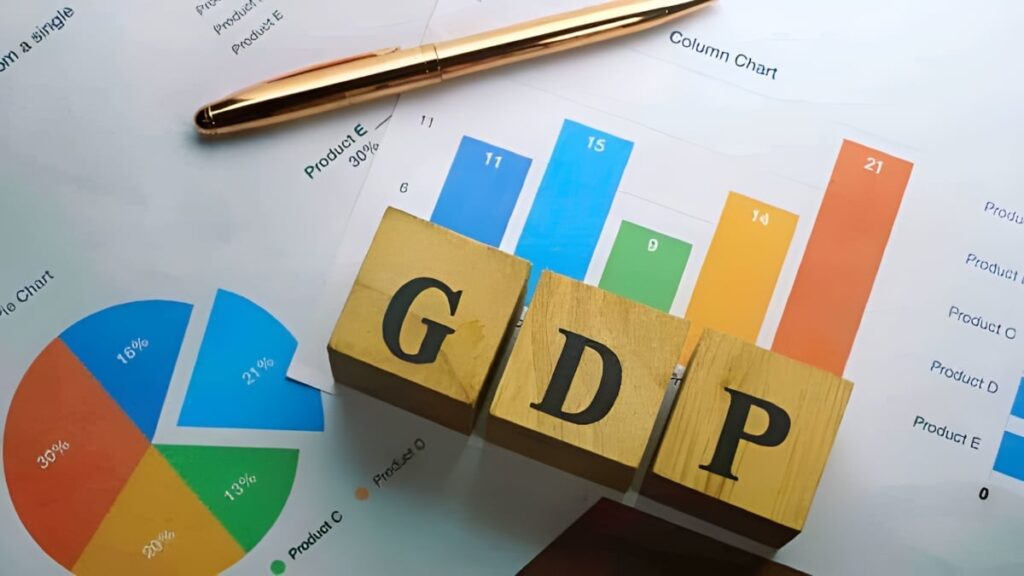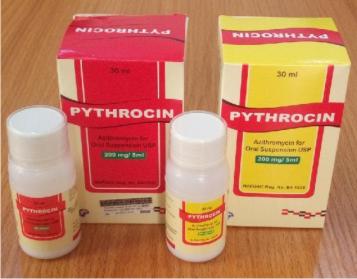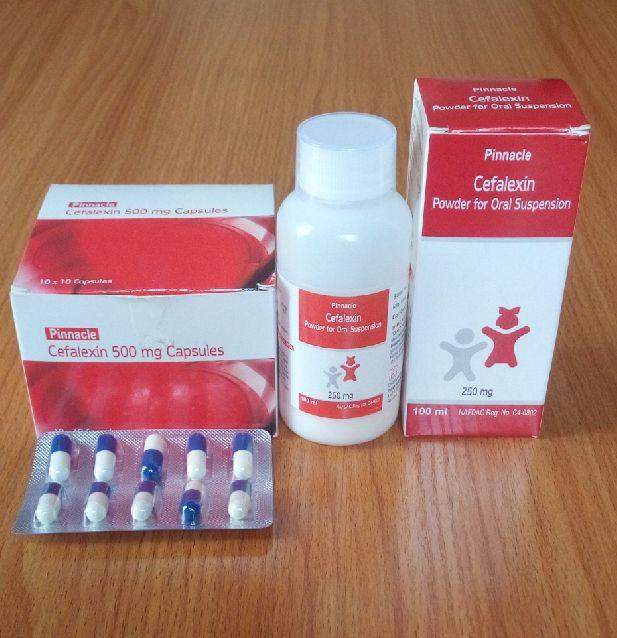

BY GODWIN OBI
The finance and insurance sector of Nigeria’s economy recorded an impressive growth of 16.13 per cent in the second quarter of 2025, according to the latest Gross Domestic Product (GDP) report released by the National Bureau of Statistics (NBS).
The Q2 2025 data showed that the sector’s real growth rate of 16.13 per cent was higher by 15.83 percentage points compared to the same period in 2024, and 1.09 percentage points higher than the growth rate recorded in the preceding quarter.
In Q1 2025, the financial services sector had expanded by 15.03 per cent in real terms. Its contribution to overall GDP in Q2 stood at 3.60 per cent—an improvement on the 3.23 per cent posted in Q1 2024 and 2.46 per cent recorded in Q4 2024.
The report also revealed that financial institutions remained the major driver of the sector, accounting for 87.97 per cent of its activities, while insurance contributed 12.03 per cent.
In nominal terms, the finance and insurance sector grew by 63.66 per cent year-on-year. Financial institutions recorded a growth rate of 65.24 per cent, while insurance posted 53.00 per cent. This overall growth was 30.96 percentage points higher than Q2 2024 and 42.65 percentage points higher than Q1 2025. Quarter-on-quarter, the sector expanded by 59.54 per cent, contributing 4.57 per cent to nominal GDP in Q2 2025—up from 3.33 per cent a year earlier and 3.07 per cent in the preceding quarter.
Beyond finance, the NBS report showed that the next fastest-growing sectors were telecommunications (7.39 per cent), real estate (3.79 per cent), and crop production (3.32 per cent).
Nigeria’s Overall GDP Performance
Generally, Nigeria’s GDP grew by 4.23 per cent year-on-year in Q2 2025—higher than the 3.48 per cent growth posted in Q2 2024 and 3.13 per cent in Q1 2025. The growth was driven largely by reforms in the oil and gas sector, alongside improvements in services and industry.
Aggregate nominal GDP stood at ₦100.73 trillion in Q2 2025, up from ₦94.05 trillion in Q1 2025 and representing a 19.23 per cent year-on-year increase from ₦84.48 trillion in Q2 2024.
The services sector remained the largest contributor to GDP, expanding by 4.33 per cent and accounting for 57.50 per cent of output. Agriculture recorded marginal growth of 0.07 per cent—an improvement from the -1.79 per cent contraction in Q1 2024—while the industry sector grew by 3.42 per cent, up from 2.35 per cent in the previous year.
Expert Reactions
Market analysts have welcomed the performance of the finance and insurance sector. Comercio Partners attributed the robust growth to deeper penetration of digital banking, expansion in credit intermediation, and rising insurance activity.
The Chief Executive Officer of CFG Advisory, Tilewa Adebajo, however, stressed that while the growth is commendable, it remains insufficient for Nigeria’s long-term needs. “With a population of over 200 million people, Nigeria requires GDP growth of between 8 to 10 per cent on a sustainable basis for our middle class to re-emerge,” he said.
AIICO Capital, in its GDP highlights, projected that Q3 2025 would sustain positive momentum if reforms continue. “Sustaining growth in the industrial sector will require greater focus on infrastructure development, increased investments, and strict fiscal discipline,” the firm stated.
At the 12th Public Lecture of the Foursquare Gospel Church, economist Doyin Salami expressed concerns over what he termed the “de-industrialisation” of Nigeria’s economy. According to him, services now dominate more than half of the economy, yet many of these are low-productivity, informal jobs that do not significantly strengthen industrial growth.
“We are witnessing a service sector where most jobs are vulnerable and productivity is low, creating a large pool of working poor,” Salami said. “With 93 per cent of the labour force in the informal sector and only seven per cent in formal, waged jobs, the government faces enormous challenges in raising revenue without overreliance on borrowing.”
ADVERTISEMENTS
















